Top Topics You’ll Find at Leading Health Equity Conferences
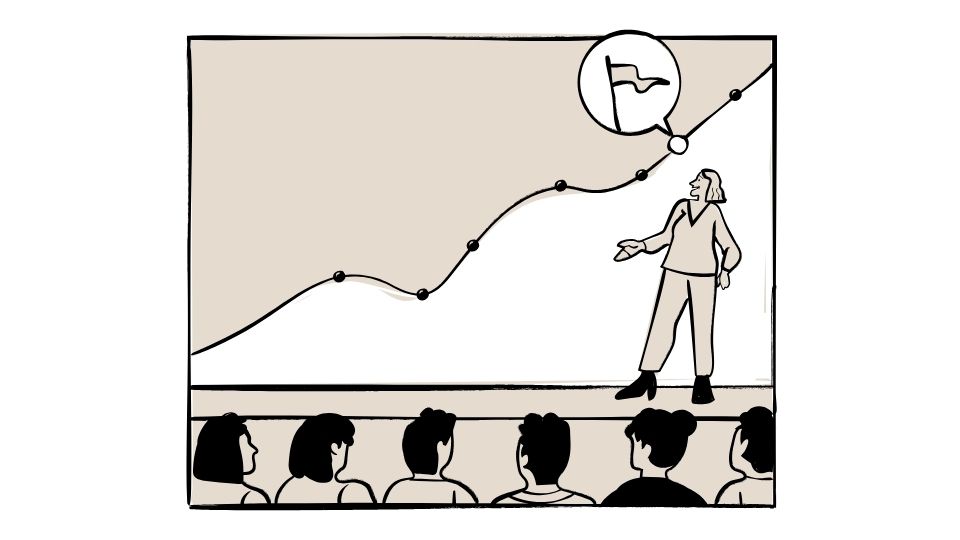
Let’s be real – health equity conferences aren’t just stuffy meetings with PowerPoint presentations and mediocre coffee. They’re actually battlegrounds where the brightest minds in healthcare duke it out to solve one of our biggest problems: why some people get great healthcare while others get well, not much at all.
These conferences bring together a wild mix of people – doctors, researchers, policy nerds, community advocates, and sometimes even patients (imagine that!) – all trying to figure out how to make healthcare fair for everyone. And trust me, there’s A LOT to talk about.
What Actually Happens at Health Equity Conferences
If you’ve never been to one of these events, you might wonder what all these healthcare folks actually do for 2-3 days besides network and collect free pens. Let me break it down for you.
The Big Topics Everyone’s Talking About
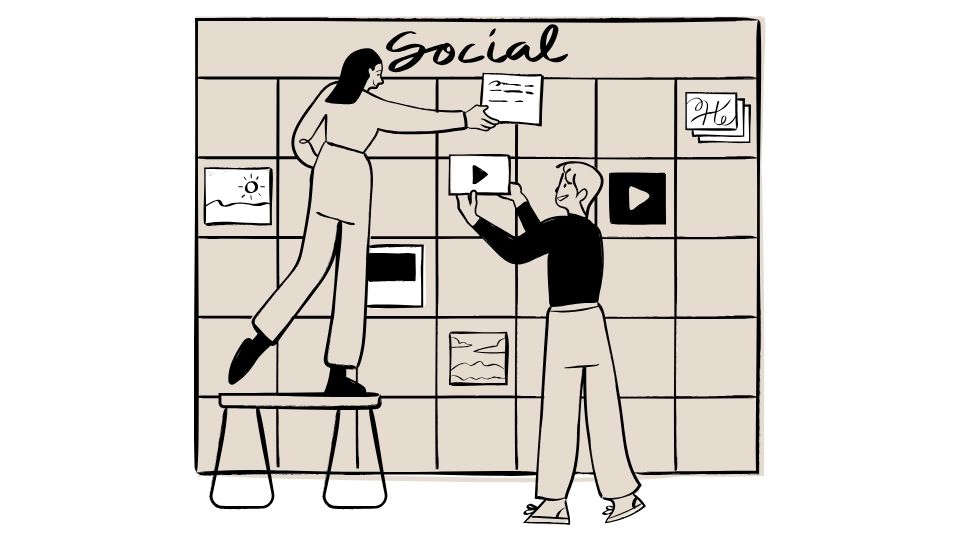
Social Determinants of Health (AKA “Your ZIP Code Matters More Than Your Genetic Code”)
You know what’s crazy? Where you live, how much money you make, and whether you graduated high school might impact your health more than your family medical history.
These conferences spend tons of time discussing these social determinants of health – the non-medical stuff that massively impacts your wellbeing. Think housing, education, income, and whether you can get fresh food without driving 30 minutes.
Research from the CDC shows that these factors account for about 80% of health outcomes. So yeah, kind of a big deal.
Innovative Care Models (Or “We’ve Been Doing This Wrong For Decades”)
A huge portion of these conferences is devoted to showcasing new ways to deliver healthcare that actually work for underserved communities.
Sessions with names like “Innovation in Action” highlight healthcare organizations doing cool stuff like:
- Mobile clinics that come to YOU instead of making you find transportation
- Telehealth services specifically designed for people without fancy tech
- Community health worker programs that employ people from the neighborhoods they serve
Data Analytics (Because Numbers Don’t Lie Usually)
You can’t fix what you don’t measure, right? That’s why there’s always a bunch of sessions about using data to spot disparities and track whether interventions actually work.
These talks get into the nitty-gritty of questions like:
- How do we collect race and ethnicity data without making patients uncomfortable?
- What metrics should hospitals track to measure equity?
- How can AI help identify disparities without amplifying biases?
The American Hospital Association has been pushing healthcare organizations to stratify their quality data by race, ethnicity, language and other demographic factors – this is the kind of wonky but important stuff they talk about.
The Uncomfortable But Necessary Conversations
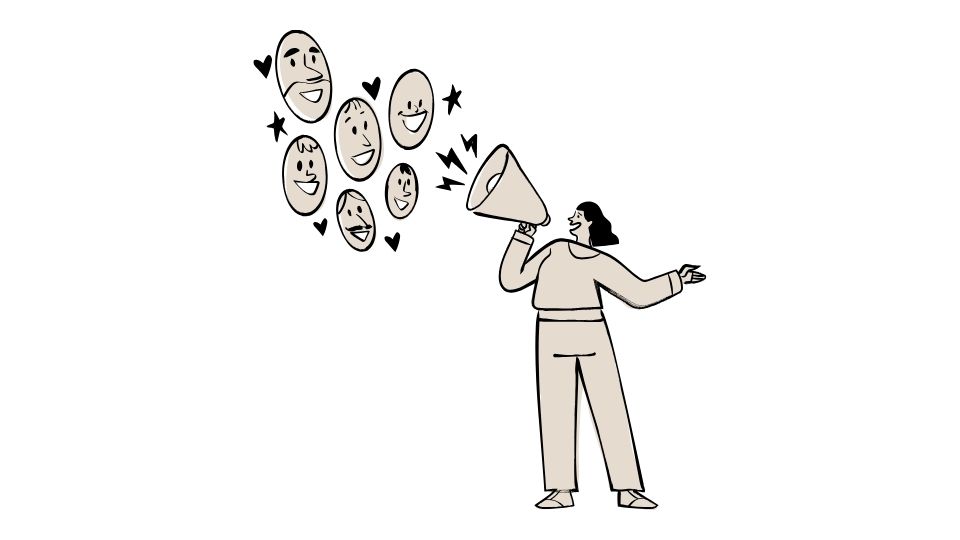
Racial Equity (Because We Can’t Pretend History Didn’t Happen)
Let’s not sugarcoat it – these conferences have to address historical and ongoing racism in healthcare. From the Tuskegee experiments to modern-day maternal mortality rates for Black women being 3x higher than for white women, there’s a lot to unpack.
Sessions explore:
- Training healthcare providers to recognize and address their implicit biases
- Rebuilding trust with communities that have been harmed by the medical system
- Creating clinical guidelines that work for diverse populations
Disability and Mental Health Equity (The Stuff We Used to Ignore)
People with disabilities and mental health conditions face some of the biggest barriers to quality care. And for too long, nobody was talking about it.
Now, health equity conferences regularly feature discussions about:
- Making healthcare facilities physically accessible
- Training providers to communicate effectively with patients who have intellectual disabilities
- Integrating mental healthcare into primary care settings
- Addressing the shocking 25-year life expectancy gap for people with serious mental illness
The National Institute on Disability has been pushing for better research in this area, and conference presenters often cite their work.
The Action-Oriented Stuff
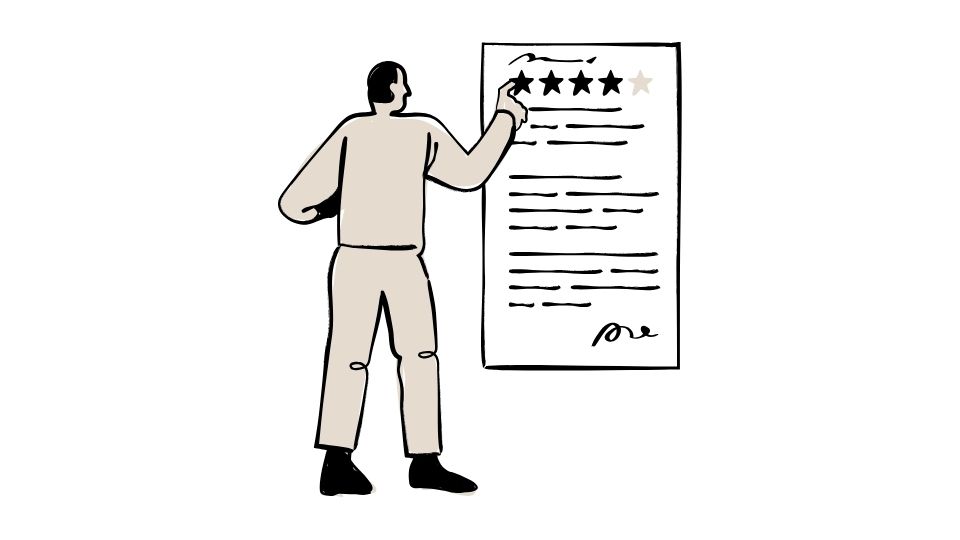
Policy and Advocacy (Where the Rubber Meets the Road)
All the talk in the world doesn’t matter if policies don’t change. That’s why health equity conferences always include sessions on turning ideas into laws and regulations.
These often involve:
- Updates on federal and state health equity initiatives
- Training on how to be an effective advocate
- Case studies of successful policy changes
- Strategies for using economic arguments to win over skeptical policymakers
Community Engagement (Because “Nothing About Us Without Us”)
If there’s one thing health equity experts have learned, it’s that solutions designed WITHOUT the communities they’re meant to help usually fail spectacularly.
So conferences now emphasize authentic community partnerships with sessions covering:
- How to compensate community members for their expertise and time
- Methods for co-designing programs with community input
- Strategies for hiring from within affected communities
- Ways to share power and decision-making with community organizations
The Build Health Challenge often presents at these conferences, showcasing their community-centered approach to solving health problems.
The New Frontiers
Environmental Justice (Because Your Environment Is Your Health)
Climate change and environmental hazards don’t affect everyone equally. Low-income neighborhoods and communities of color are more likely to be near pollution sources, lack green spaces, and face extreme weather without resources to adapt.
Health equity conferences are increasingly focused on this intersection, with talks about:
- The health impacts of environmental racism
- Building climate resilience in vulnerable communities
- Healthcare’s own environmental footprint
- Using health data to advocate for environmental protections
Intersectionality (Because Nobody Is Just One Thing)
Modern health equity conferences recognize that people don’t experience discrimination in neat, separate categories. A transgender woman of color with a disability faces unique barriers that can’t be addressed by looking at just one aspect of her identity.
Sessions on intersectionality explore how different forms of disadvantage combine and compound, requiring more sophisticated and personalized approaches.
The Bottom Line
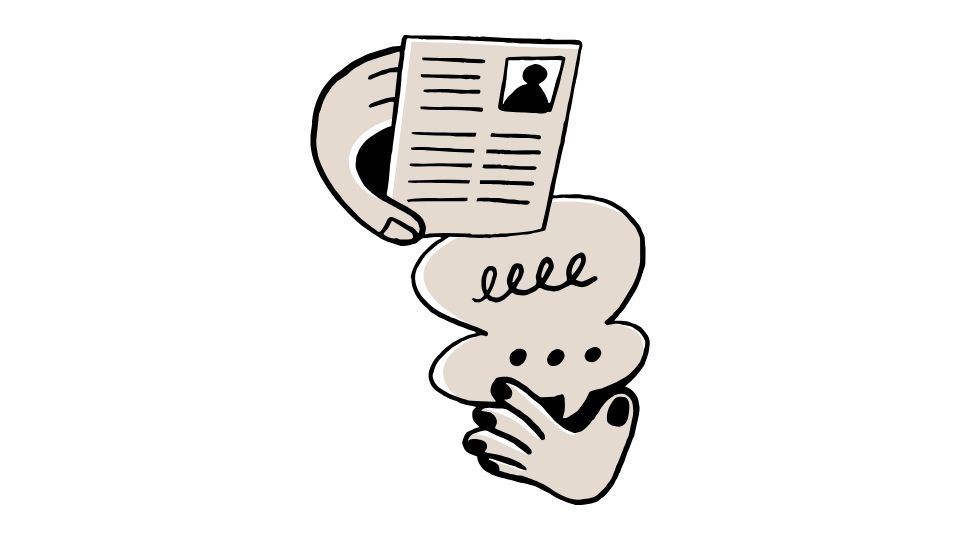
Health equity conferences have evolved from academic echo chambers to action-oriented gatherings that can actually drive change. While there’s still plenty of jargon and PowerPoint slides to go around, there’s also an increasing sense of urgency and pragmatism.
The best conferences connect unlikely allies, spotlight success stories from unexpected places, and send attendees home with concrete tools rather than just inspiration.
So next time you hear about one of these events, don’t dismiss it as just another healthcare conference. It might be where someone figures out how to save thousands of lives by making our healthcare system work for everyone – not just those lucky enough to be born into the right circumstances.
And if you work in healthcare? Maybe consider attending one. The free pens are nice, but the chance to be part of fixing a broken system is even better.

